- FORMER TOGO PLAYER ADEBAYOR LAUNCH SOCIAL HOUSING PROJECT IN TOGO
- AMANSIE WEST DISTRICT ROAD PROJECT BEGINS IN GHANA
- LAGOS TO CALABAR HIGWAY PROJECT: WHY IT CANT BE ACHIEVED
- NPA SECURE US$700M LOAN FROM CITIBANK FOR REHABILITATION OF APAPA & TIN-CAN PORT
- LIBERIA SENATE TO PROBE WORK MINISTRY OVER UNAUTHORIZED AWARD OF OVER US$21M ROAD CONTRACTS
BUILDING THE FUTURE: RESILIENT INFRASTRUCTURE TODAY FOR A SUSTAINABLE NIGER DELTA TOMORROW
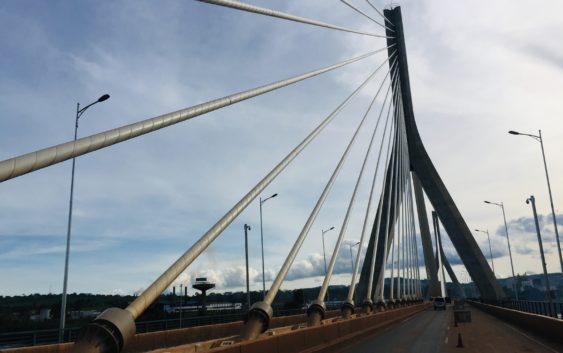
As an attendee of the 2019 Engineering Week Ceremony organised by the Port Harcourt Branch of The Nigerian Society of Engineers on Tuesday 26th November 2019, I cannot but lend my voice to the discussions that trended that day as summed up in the theme: “Building Resilient Infrastructure To Promote Sustainable Growth In The Niger Delta.”
The greatest drag on Nigeria’s sustainable economic growth and development is the country’s substantive deficit in basic physical infrastructure. According to the World Economic Forum’s 2016-2017 Global Competitiveness Index, Nigeria’s infrastructure ranks high at the bottom 132 out of 138 countries. The nation’s 2017 Economic Recovery & Growth Plan (ERGP) points to “deplorable infrastructure” as one of the main factors that “seriously undermined” economic performance in the past.
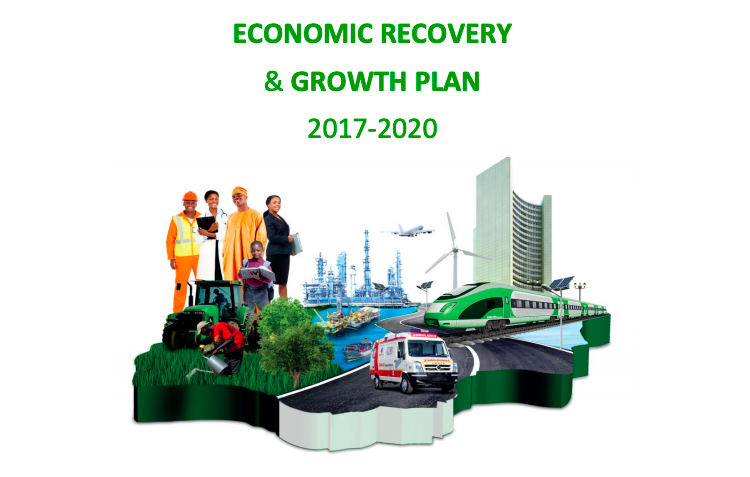
In 2016, according to the IFs Traditional Infrastructure Index, Nigeria has one of the lowest levels of access to improved basic infrastructure like sanitation facilities, clean water, paved roads, hospitals and electricity compared anywhere in the world; ranking 162 out of 186 countries and 32 out of 54 countries in Africa. Worse still, on the current development trajectory, by 2040, it is expected that Nigeria might rank second-last in this group. If this is the case for Nigeria as a nation, one can imagine what the case would be for the Niger Delta Area of Nigeria.
Why Sustainable Infrastructure Matters:
According to William Ascher and Corinne Krupp, infrastructure is “the backbone of any developed economy and a pillar of quality of life.” The Niger Delta Area of Nigeria is Nigeria’s largest wetland, and “the third largest wetland in the world.” With a booming population estimated to be over 40 million people as of 2019, contributes over 95% to the Nigeria’s foreign exchange and 85% to the internally generated annual income. But in spite of these huge resource potentials, it is sad to note that 70% of the people of the Niger Delta region live below the poverty line with less than $1 a day and a clear and conspicuous absence of basic physical infrastructure.
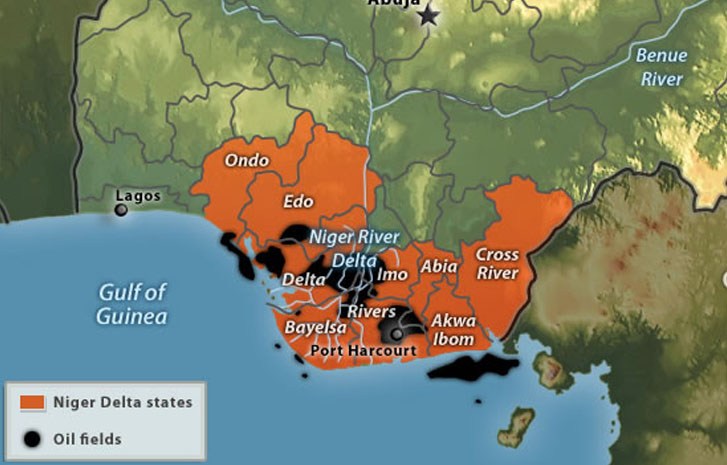 (Premium Times Nigeria)
(Premium Times Nigeria)
The need for basic physical infrastructural development in any nation or region and particularly the Niger Delta Area of Nigeria cannot be over emphasised due to its significant role not only in economic growth of the region but also in the general well-being of the people. This suggests that building resilient infrastructure such as increased access to sanitation facilities, clean water, paved roads, hospitals and electricity is a basic requirement to facilitate socioeconomic development that meets the needs of the present generation without compromising the ability of future generations from meeting their own needs.
The Niger Delta Area has suffered a major lack of basic physical infrastructure, badly maintained road networks, poor water and sanitation, environmental degradation, epileptic power or non-existent utilities. Building the future through resilient infrastructure today for a sustainable Niger Delta tomorrow therefore means, “building fundamental facilities and systems that has the capability to withstand shock without permanent deformation or rupture today and are capable of being used continually over a long period of time causing little or no harm to the environment tomorrow.”
Resilient infrastructures to build today in order to have a sustainable Niger Delta tomorrow:
There are so many structures that need to be built in the Niger Delta Area today in order to have a sustainable Niger Delta tomorrow. As an inhabitant of this region, and as someone who has had a fair share of the plague of the lack of these structures, permit me to touch on three key structures which I believe if built with resilience today will help us have a sustainable Niger Delta tomorrow:
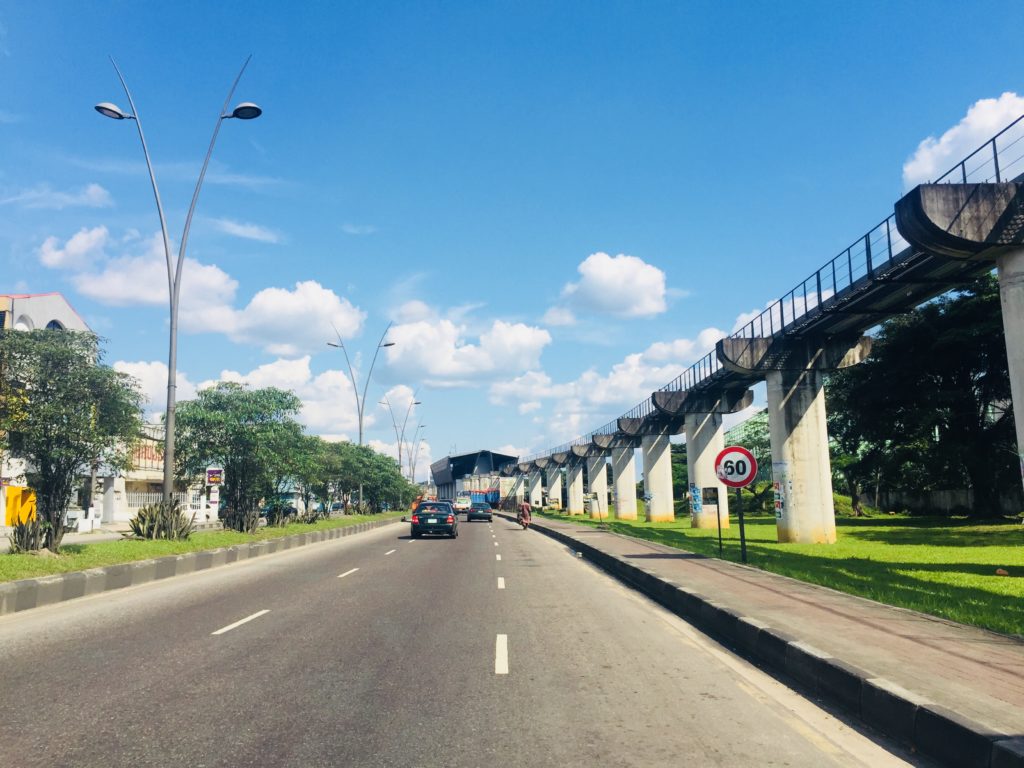
First, paved roads. The importance of road infrastructure in promoting economic development and competitiveness of the Niger Delta Area and that of any other region in the world cannot be over emphasised. “Roads are the arteries through which the economy pulses. By linking producers to markets, workers to jobs, students to school, and the sick to hospitals, roads are vital to any development agenda.” Good road network is the conduit of life’s activities. It penetrates into the nooks and cranny of the human environment, increases trade and commerce, promotes tourism, provides access to employment and educational services. Please, forgive me if I say “road infrastructure is the most important of all public assets.” But that is a fact!
For us to build the Niger Delta that we want: a pleasant one that we can handover to our unborn children, we must focus on building resilient road networks in terms of density and quality. Qualified indigenous engineers and contractors must be engaged to construct resilient roads that would serve our people and facilitate trade and services in this region. Currently, only one major road (the East-West Road) links Edo to Delta to Bayelsa to Rivers and to Akwa Ibom State. And the current condition of this road is deplorable. Urgent action and deliberate effort from the government is needed to reduce the sufferings of road users and to save the economy of many states in this region.
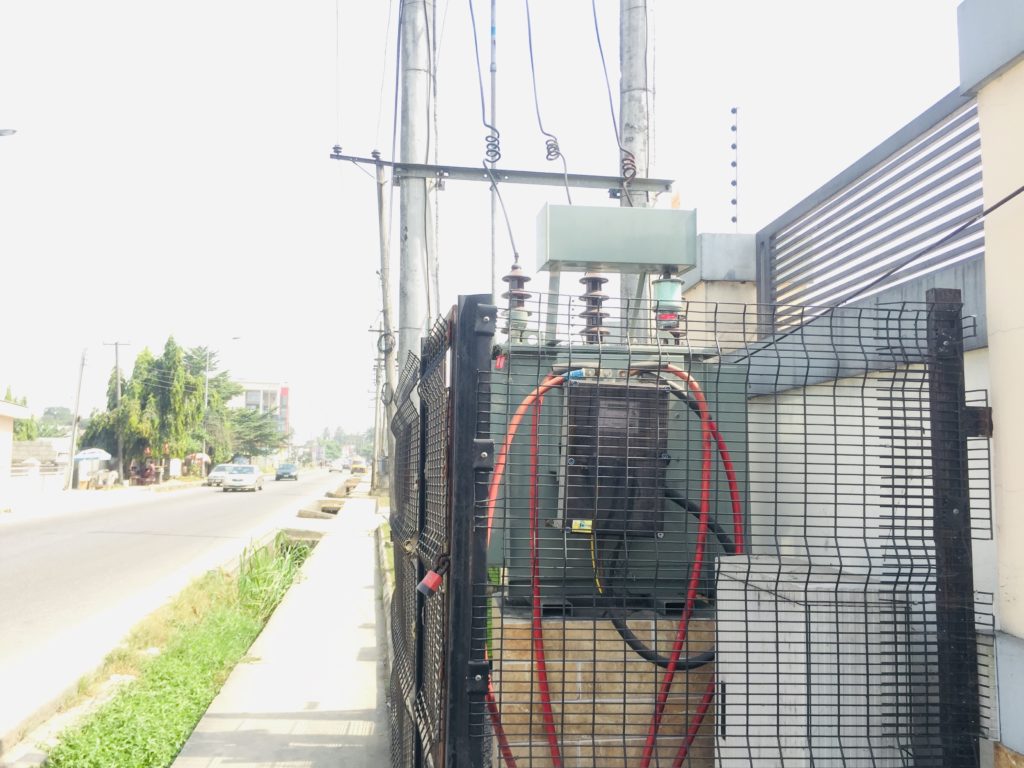
Secondly, electricity. Fifteen years after the introduction of electricity in England and the installation of the first generating power plant in Marina, Lagos, in 1898, Nigeria has witnessed a long history of erratic and epileptic power supply. And the Niger Delta Area of the country is not an exception. Despite robust oil and gas industries scattered around among the 9 States in this region, power supply difficulties are experienced by more than 60% of the populace of this region. Majority of businesses in the region today run on generator due to lack of stable power supply from the national grid. Estimates have it that “nearly 60 million Nigerians own generators, including 26% of households and 86% of operating businesses.” Despite a 2015 ban on the importation of generator sets due to government concerns for climate vulnerability, “the value of Nigeria’s generator market is estimated to rise from more than $51m in 2017 to $450m by 2020.”
As the third largest wetlands in the world, the Niger Delta Area has enough rivers, gas and engineering capacity to generate its own power supply system independently. I believe so much that no matter the myriads of problems plaguing electricity supply in the Niger Delta Area of Nigeria, it is not beyond the capabilities of the region’s electrical engineers and other allied professionals. As a body, our engineers must be saddled with the task of finding innovative lasting solutions to our electricity problems and the government must act swiftly today in making available the wherewithal needed to keep the Niger Delta Area alight tomorrow. Electricity use and access are preconditions for poverty alleviation, sustainable development and the attainment of the Millennium Development Goals. It is an indispensable driving force for all economic activities. To enable us build a future through resilient infrastructure today for a sustainable Niger Delta tomorrow, we must build structures, provide the tools and financing necessary to deliver Nigeria and the Niger Delta Area in particular from the strongholds of erratic power supply.
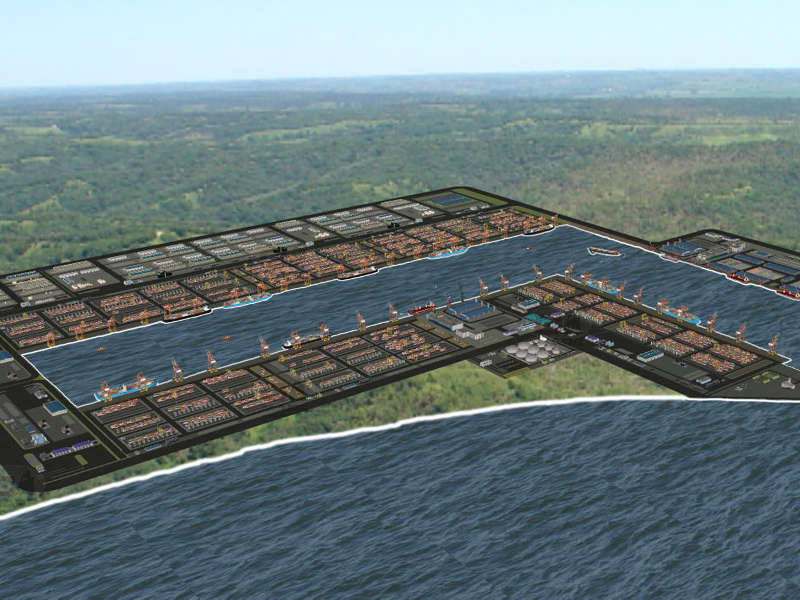
(Ship Technology)
Finally, a pragmatic way of building the future through resilient infrastructure today for a sustainable Niger Delta tomorrow is commitment to the construction of a major Deep-Sea Port in the region. It could be in Warri Delta State, Onne in Rivers State or Ibaka in Akwa Ibom State. The Niger Delta Area is the mainstay of the Nigerian economy for its significantly high level of oil reserves. Despite its massive oil exploratory activities, it is regrettable that none of the 9 states has an operational Deep-Sea Port of its own. Based on statistics, more than 50% of cargos living and coming into Nigeria belongs to people and companies in the Niger Delta Area or those neighbouring the region. But yet, they depend heavily on the Lagos Apapa Sea Port thereby under developing the Niger Delta region. The construction of a resilient Deep-Sea Port will boost economic activities in the region, ease congestion in the Lagos Sea Port, create more jobs in the country, spring up maritime businesses in the region and help us wear the cap as the big heart of the Nigeria nation.
The future of the Niger Delta Area of Nigeria is in the hands of the engineers and people of that region. The way we take our work as engineers and as people of this region in construction of roads, electricity and other physical infrastructure or discharge of duties would tell the kind of future we are preparing to handover to the coming generations. Like Late Martin Luther King Jnr, I wish to draw the curtain by saying, “If a man is called to be an engineer, he should do the work of an engineer as Michael Angelo painted, or as Beethoven composed music or as Shakespeare wrote poetry. He should do the work of an engineer so well that all the hosts of heaven and earth will pause to say, here lived a great engineer who did his job well.” By doing our work well today, by ensuring quality, density and excellence in the construction of infrastructures, we can build a great Niger Delta today and a sustainable one for the coming generations. Give the Niger Delta Area first, paved roads, second, steady power supply and third, a deep sea port without leaving out servant-hood leadership and all others things needed for the economic development of this region shall be added.

WRITTEN BY:
Ohemu Godwin Pius FAYLFP, MBI, AISLT.

